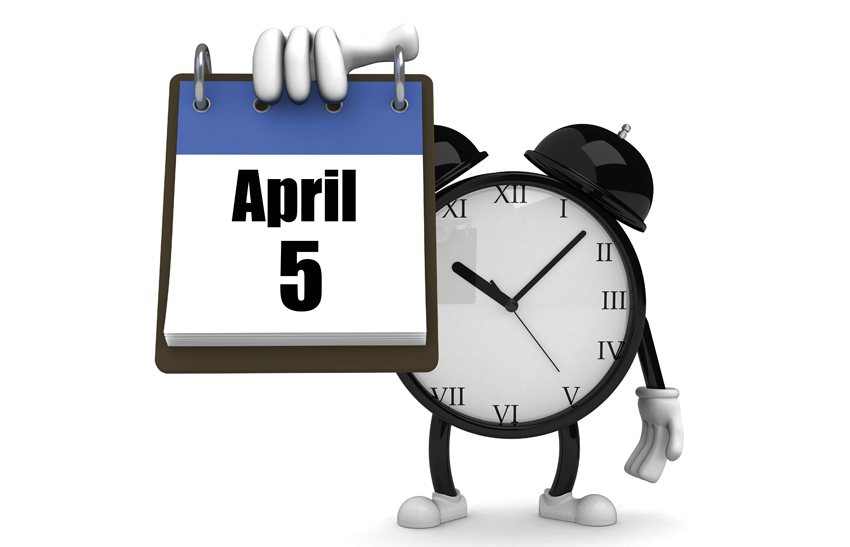
How can tax reliefs enhance your charitable giving?
26th February 2024
 We are pleased to work with many professional advisors in Essex, to help their clients support their local communities during their lifetime and as part of their estate planning.
We are pleased to work with many professional advisors in Essex, to help their clients support their local communities during their lifetime and as part of their estate planning.
Richard Harvey is a chartered accountant, tax Advisor and long-time supporter of ECF. During his career, Richard provided tax advice to a wide range of people and businesses.
Having retired from full-time practice a few years ago, Richard remains a consultant for a number of long-standing clients.
Here, we ask Richard to explain the different tax reliefs there are and how they can help enhance your charitable giving.
Gift Aid
Probably the best-known relief is Gift Aid which enables charities to obtain extra money in respect of your donation without it costing you a penny more. To make a Gift Aid donation, you need to be a UK taxpayer. Your donation is treated as if basic rate income tax has been deducted and charities can reclaim that tax from HMRC.
For example, on a donation of £10,000, ECF can claim £2,500 in Gift Aid from HMRC, meaning your total gift will be £12,500.
Tax relief for higher rate taxpayers
If you pay higher rate tax, you can claim back the difference between the higher rates of tax (40% or 45%) and the basic rate (20%) on the total value of the donation.
For example, if you pay 40% tax, a donation of £10,000 allows you to recover £2,500, so the donation costs you only £7,500 net, but ECF receives £12,500. If you pay 45% tax, a donation of £10,000 allows you to recover £3,125, so the donation costs you only £6,875 net, but ECF receives £12,500.
There are restrictions which apply to Gift Aid donations and some of these are summarised below:
- A donor needs to have sufficient income in charge to tax to cover the total of the donation and the Gift Aid relief. If not, they may be liable to pay all or part of the Gift Aid relief to HMRC.
- Relief will not be available if a donor passes on funds from sponsored challenges eg. overseas treks. The sponsors should gift directly to the sponsored charity.
A donor may elect for a qualifying donation to be treated as having been made in the previous tax year. This may be beneficial if the donor was paying tax at a higher rate in that year or wants to get the relief earlier.
Gifts of assets
Individuals can get income tax relief on gifts of certain assets to charity. This relief is in addition to the capital gains tax relief on gifts of assets to charity (see below). The relief applies if you give, or sell at below market value, qualifying investments to a UK charity.
Qualifying investments include listed shares and securities (including AIM shares), units in an authorised unit trust, shares in an OEIC, an interest in an offshore fund and UK property.
For an individual this reduces their total income tax liability, so a top rate taxpayer will secure 45 per cent tax relief on the value passed to the charity.
Additionally, gifts to charity are not subject to capital gains tax. A donor would not, therefore, be required to pay capital gains tax on the value of the donation and this represents a potential saving of up to 28% per cent.
Giving in your will
If your estate is liable to inheritance tax, you could choose to leave money to charity to reduce the overall amount of tax due from your estate as bequests to charity are exempt from inheritance tax. Gifts made to a UK charity in the seven years prior to your death are also covered by the same exemption from inheritance tax.
If you make a gift in your will to charity of at least 10% of your net estate, the rate of inheritance tax due on the taxable part of the estate is reduced from 40% to 36%. A gift of 10% of the estate to charity can leave the same amount available to your other beneficiaries as one of 4%. Any gift greater than 4% but less than 10% results in your beneficiaries receiving less money than they would have done if the gift was for 10%.
Advice on obtaining tax relief
Your professional advisor should be able to assist you on the tax implications of any gift you are considering. If this is not the case, then we may be able to provide the names of local firms who could do so as we are unable to provide such advice.
We welcome the opportunity to talk to you, or your professional advisor, about how we may be able to work together to achieve your charitable wishes. Please call Perry Norton on 01245 355947 or e-mail perry@essexcf.org.uk
